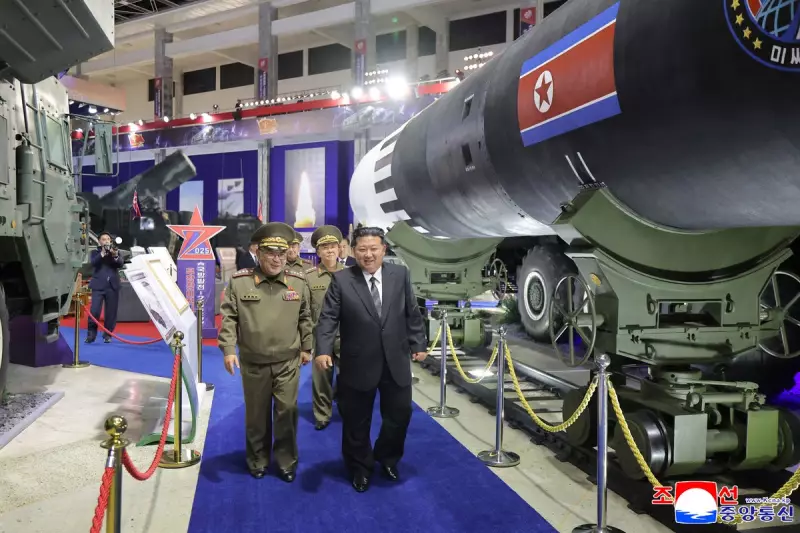
North Korean dictator Kim Jong Un has issued a chilling war directive to his armed forces, commanding them to prepare for combat operations that would see South Korean territory "completely occupied, subjugated, and incorporated" into the North.
From Diplomacy to Destruction
The dramatic escalation comes after Pyongyang officially abandoned decades of reconciliation policy, declaring that it no longer views South Korea as a counterpart for unification but rather as a "hostile state" that must be conquered. State media reported that Kim described the situation as requiring "a decisive moment" where North Korea must choose between peace and war.
Military Posturing Reaches Fever Pitch
During his inspection of major military operations bases, the North Korean leader ordered his forces to maintain:
- Maximum combat readiness for potential all-out conflict
- Enhanced capabilities to "pacify the entire territory of South Korea"
- Preparations to respond to any military provocation with overwhelming force
The rhetoric reached apocalyptic levels as state media threatened to turn Seoul into a "sea of fire," echoing language not used since the height of Cold War tensions on the peninsula.
What Triggered the Latest Crisis?
Analysts point to several key factors driving the current escalation:
- Joint Military Exercises: Recent US-South Korea military drills have been condemned by Pyongyang as rehearsal for invasion
- Failed Diplomacy: The collapse of 2019 Hanoi summit between Kim and Donald Trump ended hopes of sanctions relief
- Domestic Pressures: Economic struggles and food shortages may be driving the need for external threats to maintain control
Regional security experts warn that while such threats are not unprecedented, the specific language about occupation and incorporation represents a significant hardening of position.
International Response and Regional Implications
The United States and South Korea have maintained that their joint exercises are defensive in nature, while urging North Korea to return to denuclearization talks. However, with Pyongyang having conducted numerous missile tests in recent months and now openly discussing military occupation, the window for diplomacy appears to be rapidly closing.
China, North Korea's primary ally, has called for calm on all sides, though Beijing's influence over Pyongyang has appeared increasingly limited as Kim Jong Un accelerates his weapons development programmes.
The situation remains highly volatile, with the potential for miscalculation on either side carrying catastrophic consequences for the entire region and beyond.






